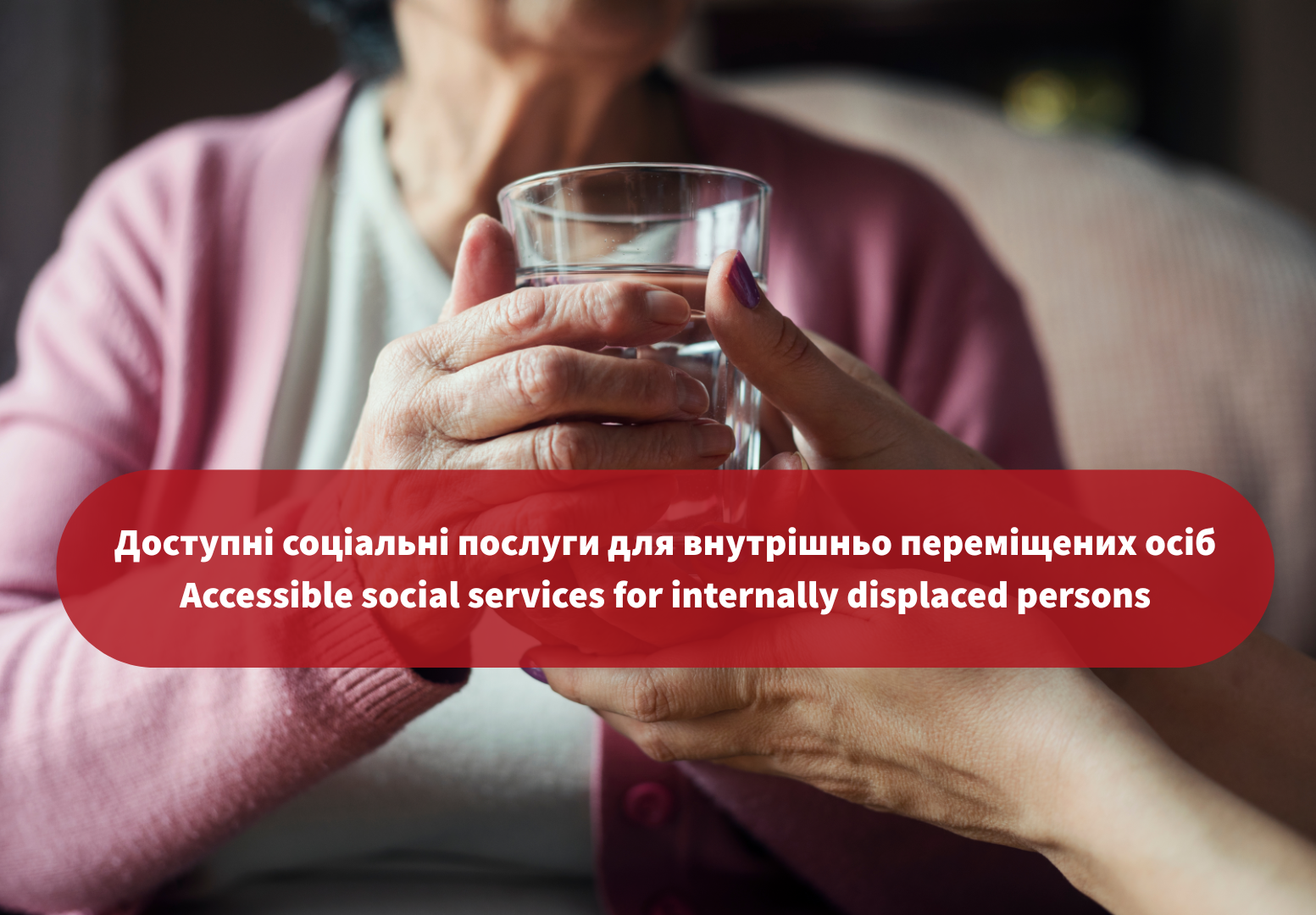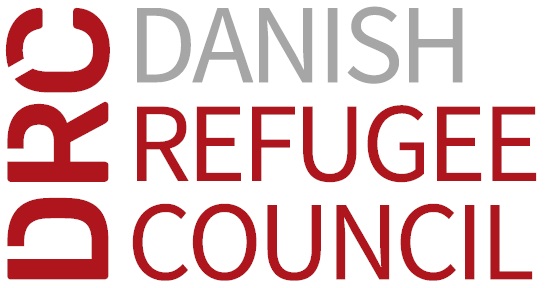Social services become more accessible for internally displaced persons
A pilot project launched by the Ministry of Social Policy, Family and Unity in 2024 will continue in Ukraine until the end of December 2025. The project aims to ensure that internally displaced persons who need assistance receive supported living or inpatient care services while retaining the right to make decisions about their lives.
Imagine a person forced to leave their home and move to another city. In the past, this meant losing their usual support network and facing a long search for new opportunities. Now it’s different. Under the principle of “money follows the person,” social services move along with them — no matter where they end up. The state covers the funding, ensuring that support is available everywhere. This means that quality assistance is no longer tied to a registration address but can be accessed right where it’s truly needed.
Supported living services
This is a social service for people who, due to disability, mental or other conditions, need constant or regular assistance in everyday life, but can live in the community (not in a residential facility).
- The person lives in a specially equipped house or apartment (sometimes in a group),.
- The person is accompanied by social workers who help with daily activities such as cooking, cleaning, using transport, managing finances, and organising leisure activities.,
- Receives support in social integration (communication, visiting institutions, work or study).
The goal is for the person to live as independently as possible in their usual environment and not be institutionalised.
Residential care services
This is assistance to people who are unable to care for themselves due to age, disability or serious illness and therefore need round-the-clock care.
- People are usually provided in specialised institutions (residential care homes, geriatric nursing homes, social service centres).,
- The accommodation, meals, medical and social care, and hygiene are provided.
- May include palliative care. Palliative care is a system of medical and social measures aimed at improving the quality of life of a person with an incurable, serious or fatal illness.
The goal is to provide round-the-clock protection and care for those who cannot live independently.
How can an IDP receive a social service?
The process of receiving services is as simple as possible.
1. A person submits a written or electronic application to the Department of Social Protection at the place of residence or application. The application can also be submitted to local authorities or specially created social service centres. Please note that if the recipient of services is unable to do this on their own, a social work specialist will help.
2. A person needs to choose a social service provider. Local governments or social service centres can also help with this.
3. The next step is to conclude a contract with the service provider.
4. Then the person contacts the bank to get a card with a special mode of use.
5. The person receives services, and the state transfers funds to pay for the services to the bank card with a special mode of use through the Fund for Social Protection of Persons with Disabilities.
6. The recipient of services pays for the services provided from a special account.
The pilot project makes social services more accessible to people, even when they have to change their place of residence. Wherever they are, support will be there for them. And the state covers the costs of this, guaranteeing people stable and equal access to quality care.
This publication has been produced as part of a project implemented by the Danish Refugee Council (DRC) with funding from the European Union through its Civil Protection and Humanitarian Aid Operations. The views and opinions expressed are those of the author(s) alone and do not necessarily reflect the views of the European Union or the DRC. Neither the European Commission nor the DRC can be held responsible for the content of this material.

